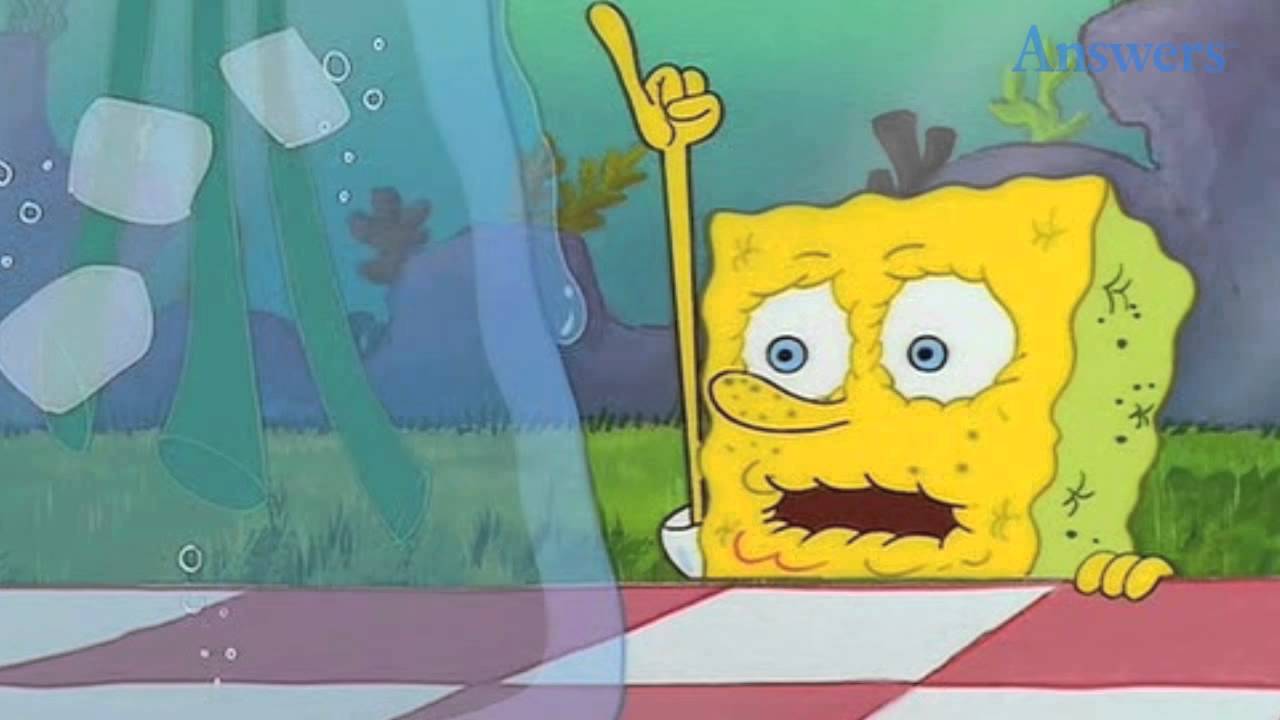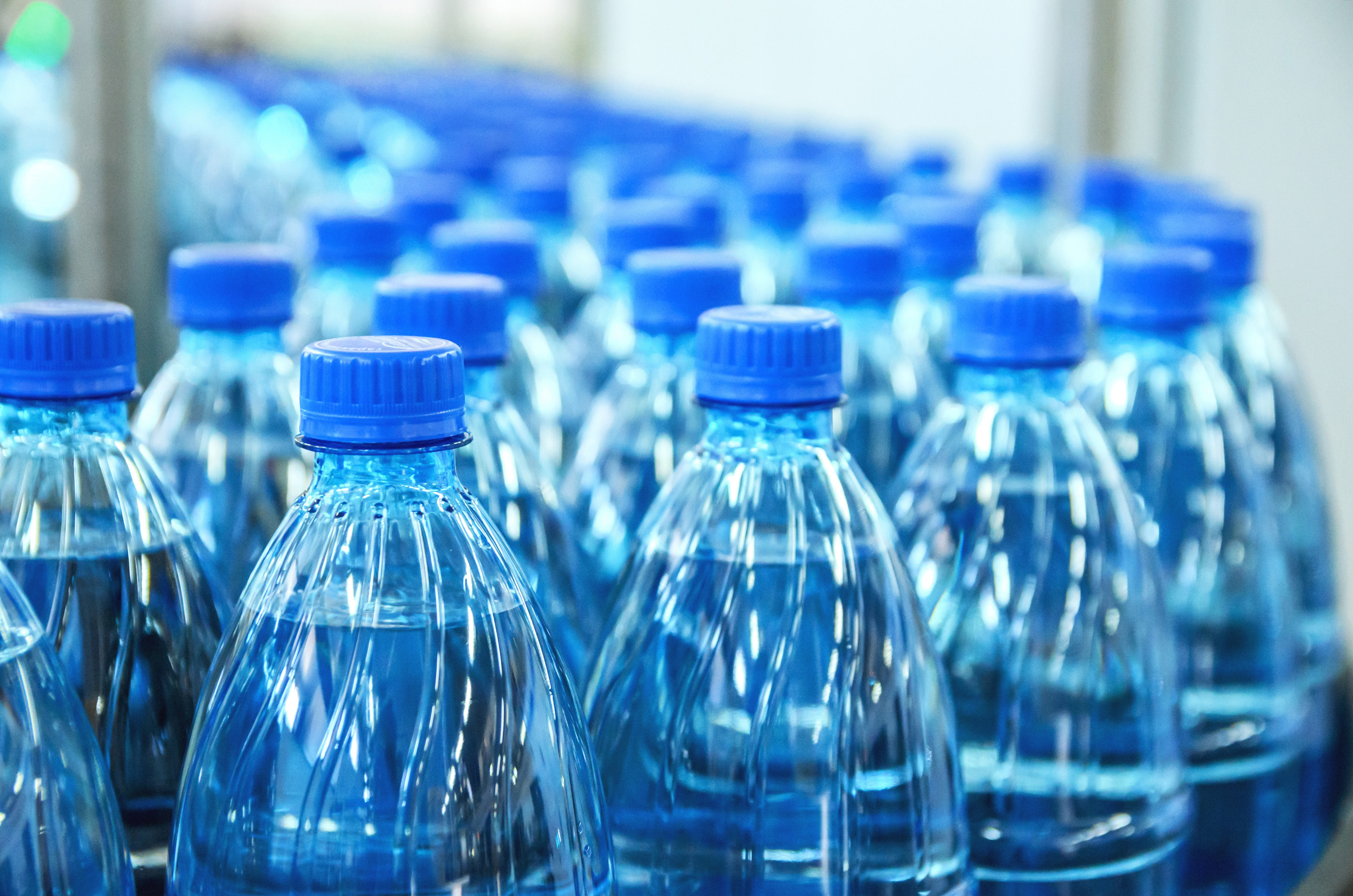
This may be one of the health effects they’re talking about.
I shared this information with my inlaws once as a ‘fun fact’ and they haven’t come back to my house since.
Not sure what makes them think your house is the problem
Likely because it’s where i share most of my fun-facts
Iirc i read that this is a mistaken fact. I wish I had saved the article but saw it recently.
I’ve just done a quick search, and the only articles I’m seeing are reporting on 2 different studies, one about the olfactory bulb and one about brains, nothing about either being disproven.
“Stop drinking the tap water, it’s contaminated from fracking”
“Stop drinking the tap water, it’s contaminated by lead”
“Stop drinking the tap water, it’s over-saturated with fluoride”
and now
“Stop drinking bottled water, there are microplastics in it”


Just filter your tap water. Then you can drink it from glass containers instead of plastic. I spent about $100/year on filters for my RO unit and it delivers bottled water quality drinking water at home.
What about amide nanoplastic from the RO membrane?
Hell if I know
Given the amount of variety of materials that water interacts with before it reaches your house and the fact that RO can remove the majority of organic and dissolved pollutants, it is probably still better to get a bit of plastics from the RO than the plethora of pollutants that are otherwise present. The benefits of this may vary widely based on the quality of the tap water.
Yea, we’ve got one. But when I lived in an apartment I wasn’t allowed to install something like that, i’m gonna guess that most people aren’t in a situation where they can use one.
I don’t think there pitcher options that are as effective for fluoride or heavy-metals, but I don’t actually know off hand
They have countertop RO filters now
There’s countertop reverse osmosis filters
Fortunately for me, I live in a city with pretty good tap water and I have newish copper pipes (post 2000).
The biggest concern we have right now is the potential of PFAS contamination, but its under the EPA and European regulated limits.
Which given what I know about most bottled water sourcing (generally, it’s just tap water from somewhere else) it is really the best I can hope for.
“Don’t drink the water. They put something in it to make you forget”
-Random NPC in Half Life 2
Also if you want to drink something with a taste, always consider adding tap water to it. Most lemonades mix very well with tap water. Furthermore, not everything you drink requires carbonated water to taste good. Sirups that mix with water in a big ratio like 1 portion of sirup and 10 portions of water are nice too.
Carrying home 10kg of drinks every week seems like such a waste, I never understand people who do that.
Of course if tap water is contaminated because of a flood or some other accident it makes sense not to drink it. That said I think in many places tap water is usually cleaner than bottled water (some more so than others). I understand that I can’t generalize, but I think everyone who hasn’t should at least read up on the water quality of their region, ideally on official or trustworthy sources.
(edit: Note that I wrote the following paragraph without knowing tap water temperatures. Apparently it only holds true if your cold tap water is below 15°C.)
And since I’m already ranting: You don’t need ice in your drinks! It doesn’t make the drink tastier or more refreshing. It’s just a waste of time and especially energy, and also a contamination risk. You also don’t need tap water into the fridge. Just let your cold tap water run for a few second and it’ll rinse out the stagnant water that warmed up to room temperature, replacing it with fresher, colder water. I guess in some place this might be more viable than in others. Always depends on the local availability of water and energy.
Yes, putting ice in water does make me enjoy it more, and no, letting the tap run doesn’t do nearly as much to cool it down as ice cubes do.
How is it more enjoyable to you? I don’t get it. Do you enjoy the temperature or is it an actual taste thing? Letting the tap run makes water so cold for me that I usually wait for a couple minutes before drinking more than a few sips.
Apparently your tap water is dramatically colder than any house or apartment I’ve lived in.
Alright this topic bothered me so I figured the onus was on me and looked it up. Apparently cold tap water temperatures in some cities around the world are usually around 15°C and can go as high as 25°C in summer. That’s definitely not my experience, I’m pretty sure it’s constantly below 15°C here. So then you’re not a crazy maniac and the regional differences really are way bigger than I expected. Who would’ve thought!
I carbonate tap water all the time, it works great.
Most people i know that prefer bottled water prefer it because of the chlorine taste in their city tap water. Most bottled water goes through several processess including softening or reverse osmosis which can impact the taste quite a bit. They often remineralize the bottled water and add flouride as well. They do make undersink reverse osmosis systems for people who have taste or odor concerns from their tap water, essentially getting a similar quality to bottled out of a tap.
When they make tap water drinkable I’ll stop
A large number of inexpensive and effective filters exist already. This is a problem you can already solve for yourself.
That’s not the case everywhere. This is not an individual problem in some countries, it is systemic. That sometimes includes the US. Even Europe has countries with undrinkable tap water.
In the US there are sub $200 reverse osmosis units. They waste some water, but overall the cost and convenience is better than water delivery or bottles. I used one when I lived in a rental with poor quality well water.
I’m not saying we shouldn’t have safe drinking water provided to us by our municipal water supply.
What I am saying is that between the choice of purchasing expensive bottled water which this article and others say is effectively contaminated, is horrible for the environment, and largely comes from the same supply as municipal water does, vs purchasing a point of use filter system which can remove most harmful thinks in tap water, you will largely come out with better water for less money in the long run, with a point of use filter.
You are also doing better for the environment by doing that and getting a reusable bottle to take it with you. If you are worried about water on the go, look at something like a grayle travel filter or one of the other options out there already.
At the very least, buy large jugs of purified water and use a permanent refillable bottle. It still creates plastic waste, but it’s a lot less than pounding down small bottles all the time. It’s also much cheaper, and if the bottle is vacuum-insulated, more efficient and enjoyable.
Small plastic bottles have their uses in some situations, but buying them all the time as your main source of drinking water is just silly.
Guess what’s in many of the disposable bottles…








